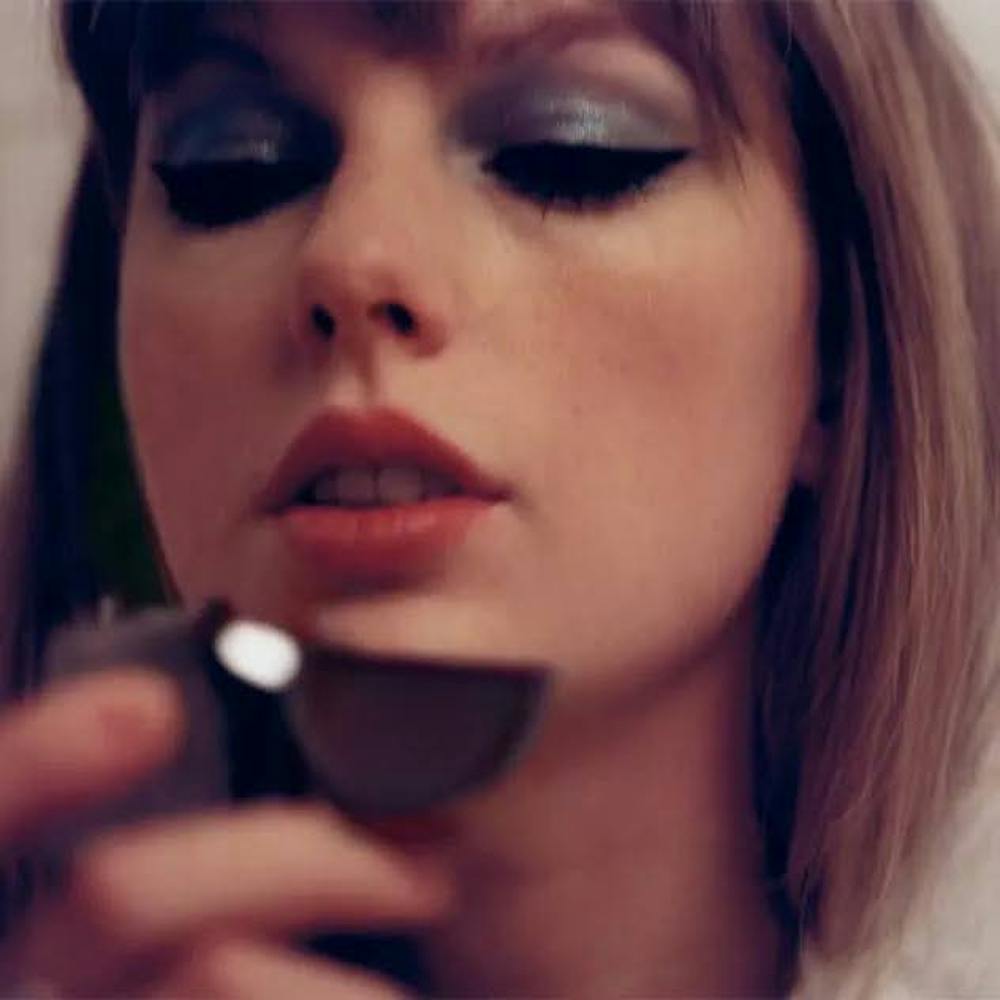By Lake DiStefano
Staff Writer
The Grammys this year pleasantly surprised me. The performances ranged from good to great, the award winners were mostly deserving and the categories were fairly stacked in terms of worthy nominees.
However, despite the many successes of the night, I couldn’t help but scowl at my TV when they awarded Taylor Swift her fourth Album of the Year win for her tenth studio album, “Midnights.”
While many share this opinion, most seem to view it from the perspective of which album deserved the award more. This is not something I am concerned with. What I am worried about, however, is awarding her art for merit that it doesn’t have.
“Midnights,” despite all its sales and chart success, is only good in a commercial sense. Comparing it to her previous three AOTY wins, it seems silly that it exists in the same category. So let’s look at her past successes. What came before to make this particular win feel undeserving in comparison?
Swift first won AOTY at the 2009 Grammys for her sophomore record, “Fearless.” It’s arguably Swift’s first great album and has multiple dimensions to its quality. Of course, there’s the music itself, which was undeniable country-pop, spawning such smash hits like “Love Story” and “You Belong With Me.” Despite this, it was huge in what it did for country music as a whole.
In a world post-Kelsea Ballerini and Kacey Musgraves, female-oriented, emotive country-pop seems almost like a staple of the genre. Yet back in the mid-2000s, Taylor defied expectations when she made her debut on the scene.
“Fearless” was not only an album but a statement. It was a declaration that the emotions of young women not only matter but can resonate widely. All you need, Swift argues in “Fearless,” is a dream and a guitar. This album chronicles the romantic struggles of girlhood, all while sounding effortlessly catchy.
This led to Swift’s next win in 2015 for her first full pop album, “1989.” A record that can only be described as the pop album of a generation.
With hits such as “Shake it Off” and “Wildest Dreams,” everyone knows the songs on this record. No matter how overplayed they are, there’s at least one song on this record that even Swift’s biggest detractors find themselves nodding along to.
In “1989,” Swift set out to craft a pop album that was not only timeless but would also evolve her public image from that of a youthful country star into a world-dominating pop star.
It succeeded on both fronts, with the optimistic nature of its choruses blending perfectly with the mid-2010s’ play-hard culture. “1989” cemented Swift’s place in pop culture and began an era in which escaping her was simply impossible. She was on every talk show, on every radio station and certainly on your mind.
As someone whose childhood aligned with this album’s domination of the radio, these songs have become the soundtrack to my life. It’s hard to imagine a time when “Blank Space,” in all its satirical glory, or the electric-guitar-driven “Style,” wasn’t in my music rotation.
Swift’s third and final deserving win came in 2020, for the first of her quarantine records, “Folklore.” In “Folklore,” she toyed with more indie and folk sounds, to make songs that centered around her storytelling lyrical style.
Given the circumstances of the pandemic, its minimal and down-tempo production made it a comfort in that difficult time. The natural and escapist aesthetics of the record were greatly appreciated.
In terms of its writing, this album is easily Swift’s best work, with practically every song featuring lyrics that not only tell a fictional story outside of herself but also function as poetry. There are many lines from this record you could pick out as instances of great literary work.
These three records are all ones I would consider excellent, not only because they provided great music, but also because they contributed to the larger cultural context of their respective eras.
“Midnights,” with its confused writing, lackluster production and stale context leaves me with a cynical suspicion – that it won not because of its quality, but rather because of the huge year that Swift had. I can only assume that the quality of the Eras Tour was mistaken for that of the album’s.
This is a line of thinking I simply don’t support, nor should an institution such as the Grammys, which claims, time and time again, to be the distillers of artistic excellence. While I understand there may have been an expectation for her to win, especially given the dedication of her fanbase and the mass of her celebrity, this has never stopped the Grammys from going against the public consensus before.
Despite my many grievances, one can only hope that the many issues which plagued “Midnights,” are not encouraged by this win. I’d feel pretty disheartened if such subpar standards festered unchecked within future projects of hers.







